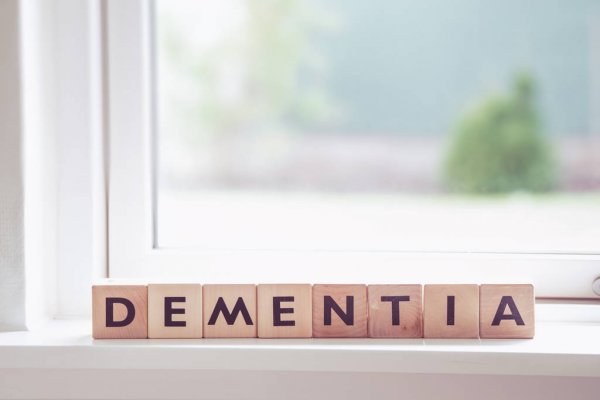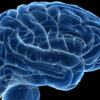As published in a recent study in Alzheimer’s Research & Therapy, researchers at Ohio State University constructed a self-administered test purportedly capable of detecting early signs of dementia.
The self-administered test may be useful for detecting cognitive decline and lead to the development of new therapeutic interventions for dementia.
The test is known as the Self-Administered Gerocognitive Examination (SAGE), and 665 patients from Ohio State’s Memory Disorders Clinic were assessed. The patients had met the criteria for subjective cognitive decline, mild cognitive impairment (MCI), and Alzheimer’s disease dementia.
Through the study, the SAGE was compared with scores from the non-self-administered Mini-Mental State Examination (MMSE).
According to researchers: “SAGE detects MCI conversion to dementia at least 6 months sooner than MMSE. Being self-administered, SAGE also addresses a critical need of removing some barriers in performing cognitive assessments.”
“Repetitively administering SAGE and identifying stability or decline may provide clinicians with an objective cognitive biomarker impacting evaluation and management choices,” researchers determined.


